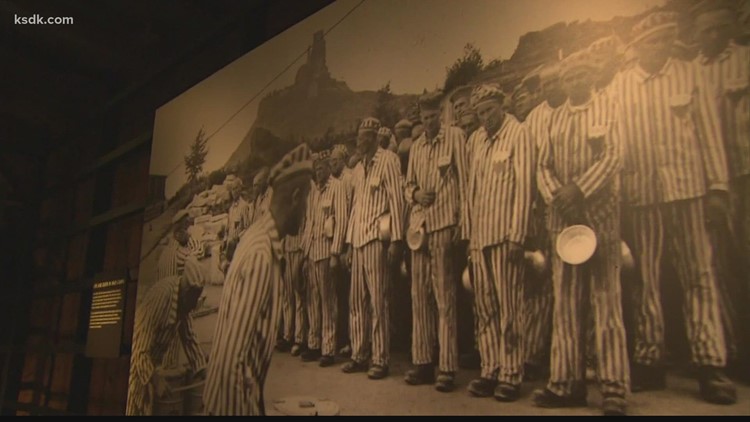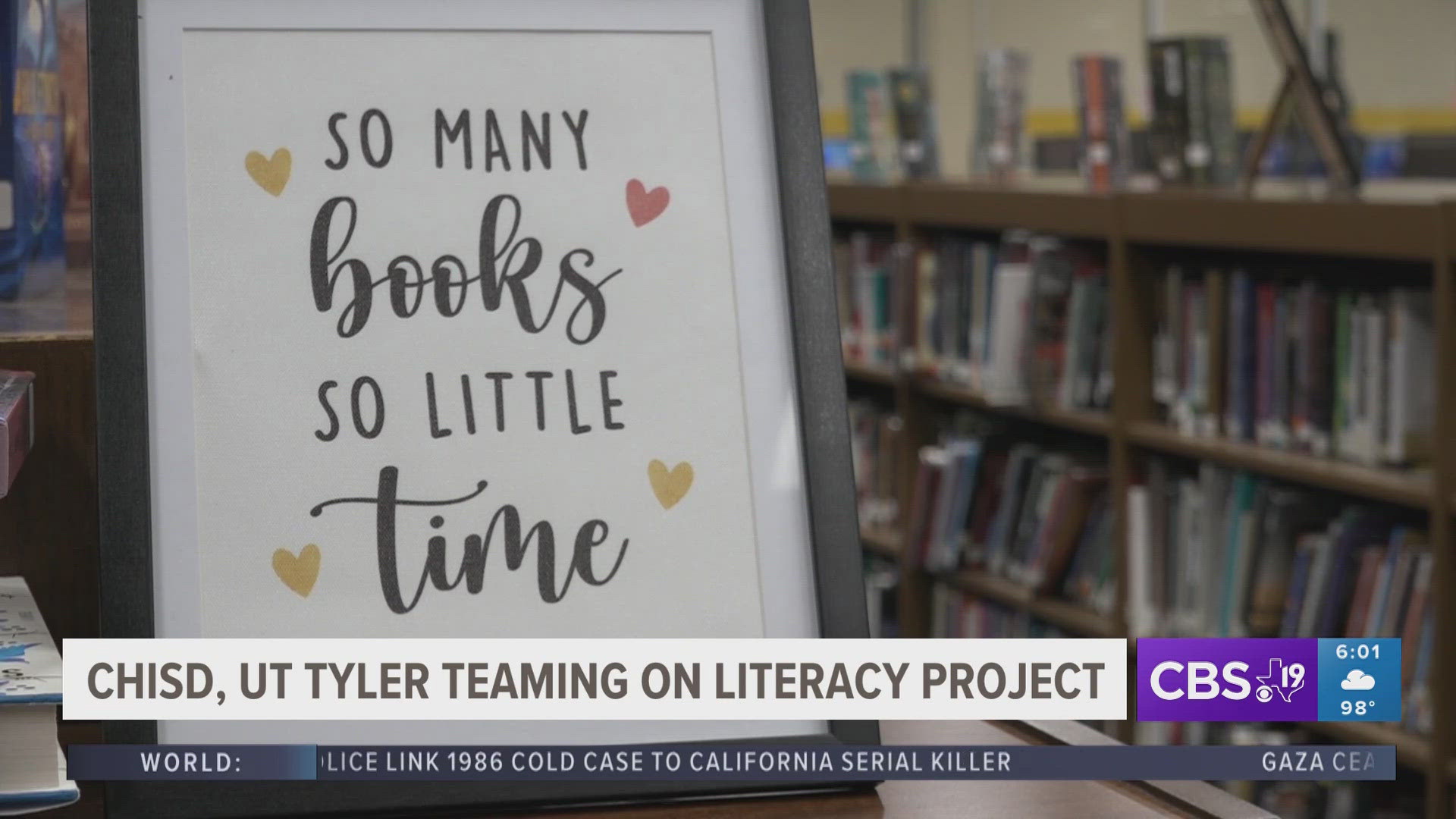TYLER, Texas — With the 77th anniversary of the liberation of Auschwitz-Birkenau, it is important to remember those lost in the Holocaust and the steps that brought one country to create a plan that would extinguish an entire population of people.
As the years progress to having the Holocaust become more of a historical marker instead of a distant memory, the burden for educators to teach the atrocity that occurred between 1940-1945 becomes more prevalent.
In Texas, many changes have been made to the points of discussion that teachers are allowed to bring up in classrooms, putting the validity of what happened to the Jewish population into a gray area of truth.
Texas Senate Bill 1828, passed on June 4, 2019, mandated school districts all across Texas to enact a “Holocaust Remembrance Week”. This week-long holiday would allow teachers to teach in-depth topics regarding the conditions of the concentration camps; how Germany came to democratically elect Adolf Hitler and legally pass the restrictive and inhumane laws against Jews; and how the Holocaust was meant to destroy the Jewish population as a whole.
The caveat to SB 1828 was that it lacked state funding, so it was entirely up to the school districts to enact it within their individual schools or not. The lack of funding led to sporadic implementation among schools.
Two years later, the Texas Senate passed Senate Bill 3 in July 2021. SB 3 prohibits a teacher from speaking about “a particular current event or widely debated and currently controversial issue of public policy or social affairs.”
If a teacher does speak on any topic that isn’t within the state-mandated curriculum and is seen as political or controversial, they must voice both opposing and approving opinions on the subject matter.
In Oct. 2021, a school district leader in Carroll ISD asked teachers to offer students an “opposing perspective” of the Holocaust, citing Texas law. Amid criticism, the Carroll ISD superintendent apologized and acknowledged there “are not two sides of the Holocaust.”
Within East Texas, Rabbi Neal Katz from Congregation Beth El in Tyler had a broader perspective of why teaching the Holocaust to children in schools is a vital piece to students’ overall education.
“The Jewish community is thankful that the Holocaust is part of Texas education. Teaching the Holocaust is important not only to our community, but to the wider community," said Katz. "We know that if we don’t teach these particular texts and story of the greatest tragedy that happened in the 20th century, we are doomed to repeat it.”



